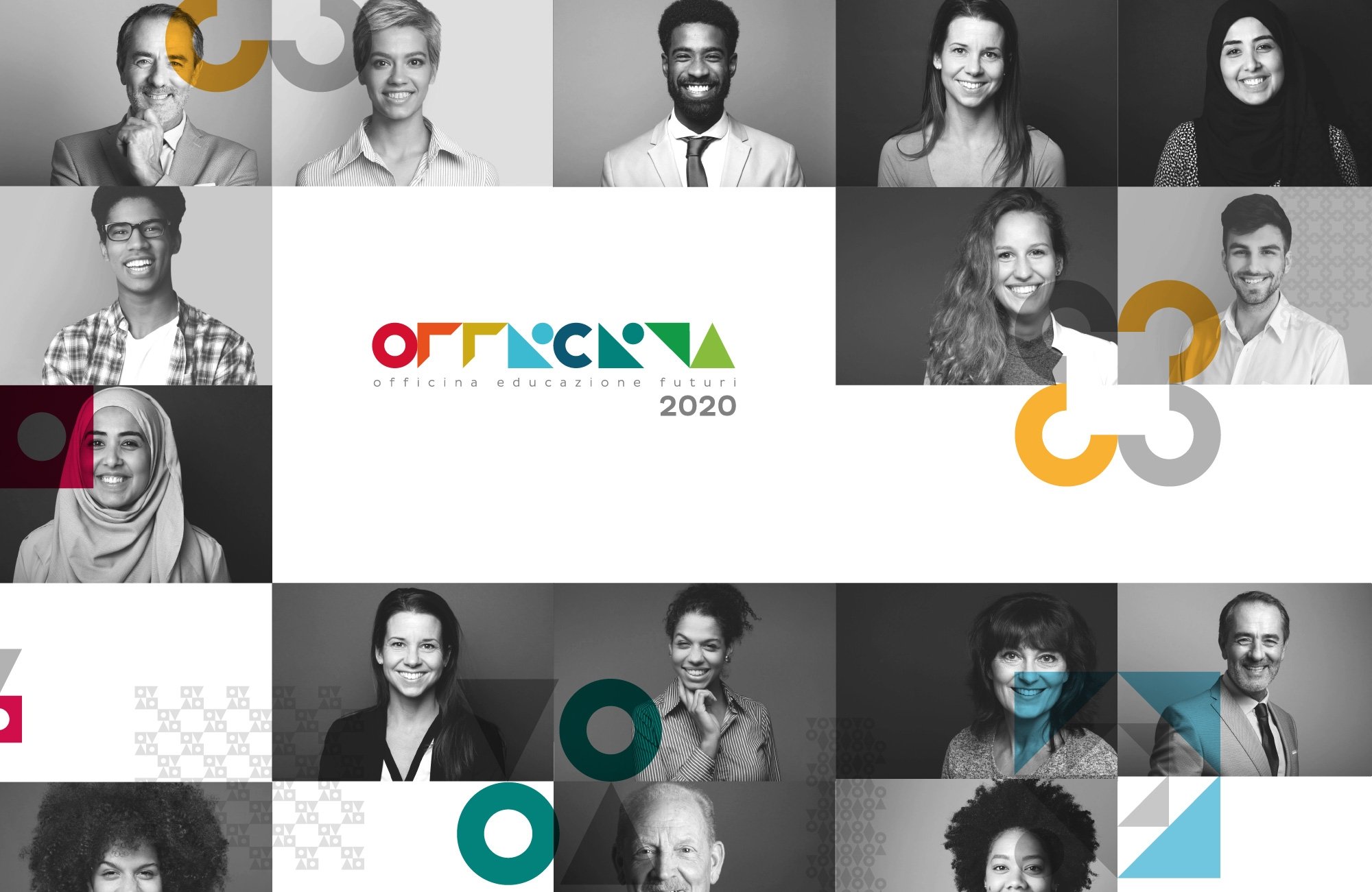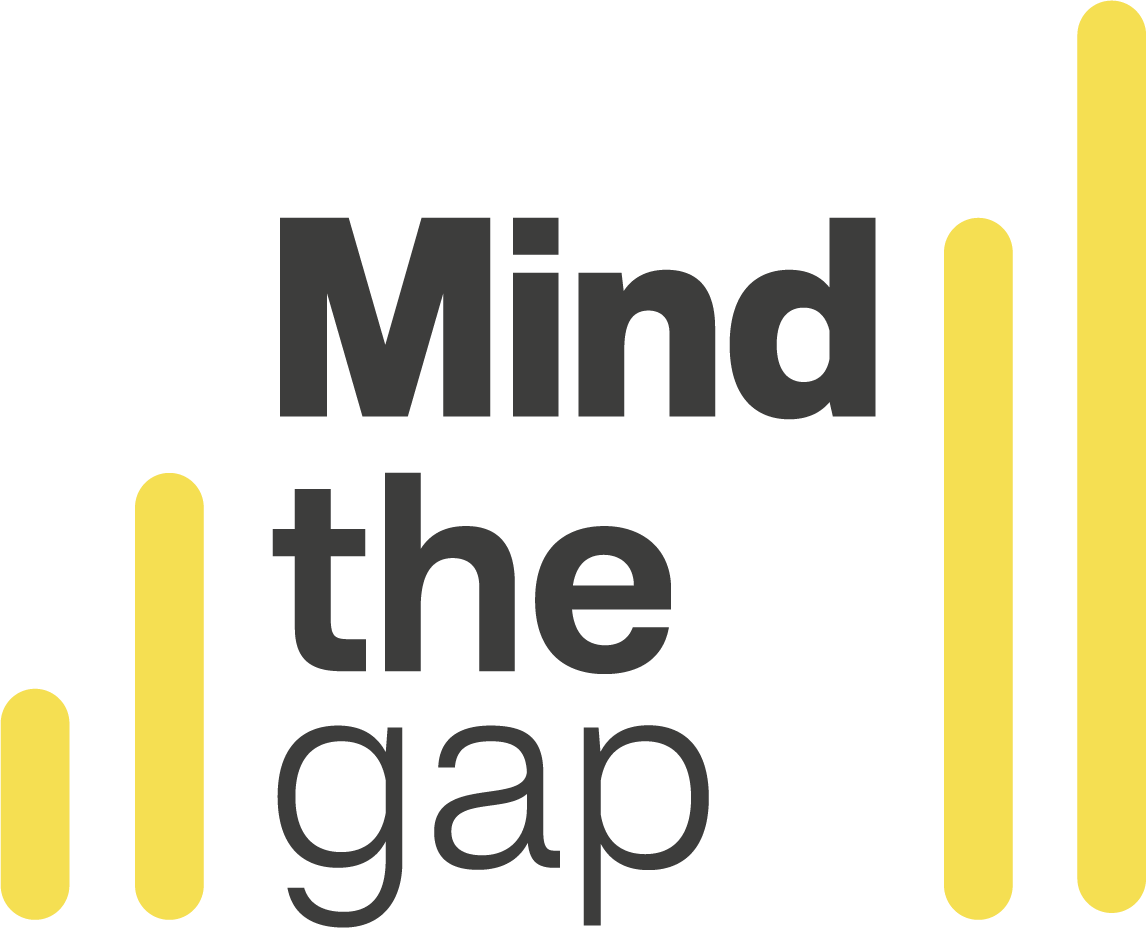
Officina Educazione Futuri: Rethinking education through a series of participatory online events
Organisations
Institute for Research on Population and Social Policies (CNR-IRPPS)
CNR-IRPPS is an Italian interdisciplinary research institute that studies social policies, welfare systems, education, creation/access/dissemination of knowledge, information technology, demographics and migration. The research group Social Studies on Science, Education, Communication, which leads the annual Officina alongside the Italian Ministry of Education, focuses specifically on the relationships between science, society and education.
Project
Each year, the Officina Educazione Futuri gathers research communities, organisations and several social actors, including students, for debate “tables” during which they reflect on strategic issues relating to education and educational policies. The aim of the project is to address educational issues such as competences, curriculum innovation, local and global citizenship, opportunities for teaching in a foreign language, scientific citizenship and connections between science, art and open educational resources. In 2020 and 2021, the tables were held virtually due to the health crisis.
Participants
Around 50 participants from the scientific community and education sector alongside students, policymakers, non-profit organisations and private companies active in Italy and abroad.
Key persons
Adriana Valente, Project Manager, CNR-IRPPS
Valentina Tudisca, researcher and member of the organising committee
Claudia Pennacchiotti, researcher and member of the organising committee
Project outcomes
Co-creation of knowledge between various social actors and research results that are shared in EU projects and organisations such as UNESCO.
Approach
The Officine originally took place in person, and the “virtual table” format was created to enable the event to be held remotely. Discussions focused on e.g. “Europeaness”, global citizenship, rethinking education in times of uncertainty, competences and multimodality in open educational resources, and inequalities and stereotypes in textbooks and educational resources
Results of the Officina were shared with the UNESCO Futures of Education initiative, with the “Officina” network and with the European Erasmus+ projects Integrated Content and Language via a Unified Digital Environment (INCLUDE), Open Learning for All-enhancing digital Open Educational Resources for inclusion against stereotypes (OLA) and the Global Science Opera leverage students participation and engagement in science through art practices (GSO4SCHOOL).
While the in-person debates took place over one or two days, the decision was made to spread the virtual tables over several days. To facilitate organisation, a specific day was dedicated to each topic, or table. To optimise the length of the meetings, materials were sent out ahead of time, and participants were requested to prepare their input beforehand. Online whiteboards, such as Mural, were used to illustrate the discussions. The tables themselves took place over Zoom and were livestreamed over Facebook. Results shared after the sessions through written reports.
Results
The switch from an in-person to virtual format was challenging but also widened the range of participants, enabling the participation of people located outside of Italy, including representatives from UNESCO and students from outside Europe. Tudisca explains: “The main change was in their geographical origin. In-person events mainly drew people from Rome. Virtual events enabled us to involve people from all over Italy and also outside, such as UNESCO staff.”
Lessons learned
Pay attention to pacing: the decision to hold the sessions over several days, rather than condensed into one or two, helped limit “Zoom fatigue” for viewers and streamlined organisation.
Develop specific content: According to Valentina Tudisca of the CNR-IRPPS, virtual events are highly competitive and require a specific communication strategy. Social media helps to reach new audiences but requires careful reflection and the use of specific formats.
Take other events into account: Online sessions can be connected to other organisations’ initiatives in order to create a concentration of events exploring similar themes, i.e. a week devoted to reflections about Europe.
Online interaction is less spontaneous: virtual tables “flow” less easily than in-person debates and tend to take on a format that is more similar to a round table discussion.

